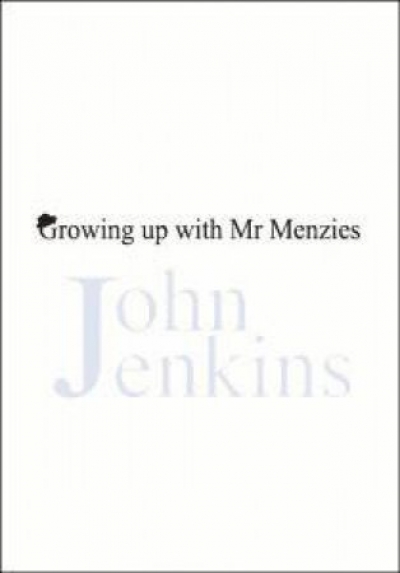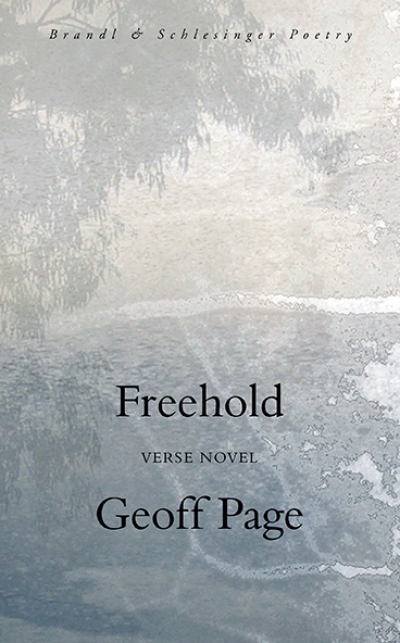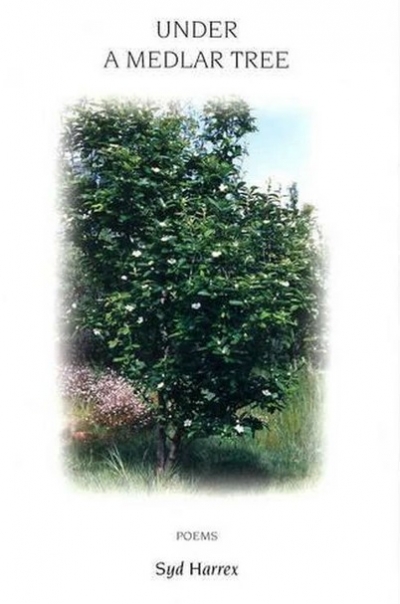Geoff Page
Sign up to From the Archive and receive a new review to your inbox every Monday. Always free to read.
Recent:
Apollo in George Street: The Life of David McKee Wright by Michael Sharkey
by Geoff Page •
80 Great Poems: From Chaucer to now edited by Geoff Page
by Chris Wallace-Crabbe •
Space edited by Anthony Lynch and David McCooey & Island 105 edited by Gina Mercer
by Geoff Page •
Under a Medlar Tree by Syd Harrex & Head and Shin by Tim Thorne
by Geoff Page •
The Indigo Book of Modern Australian Sonnets edited by Geoff Page
by Richard King •










